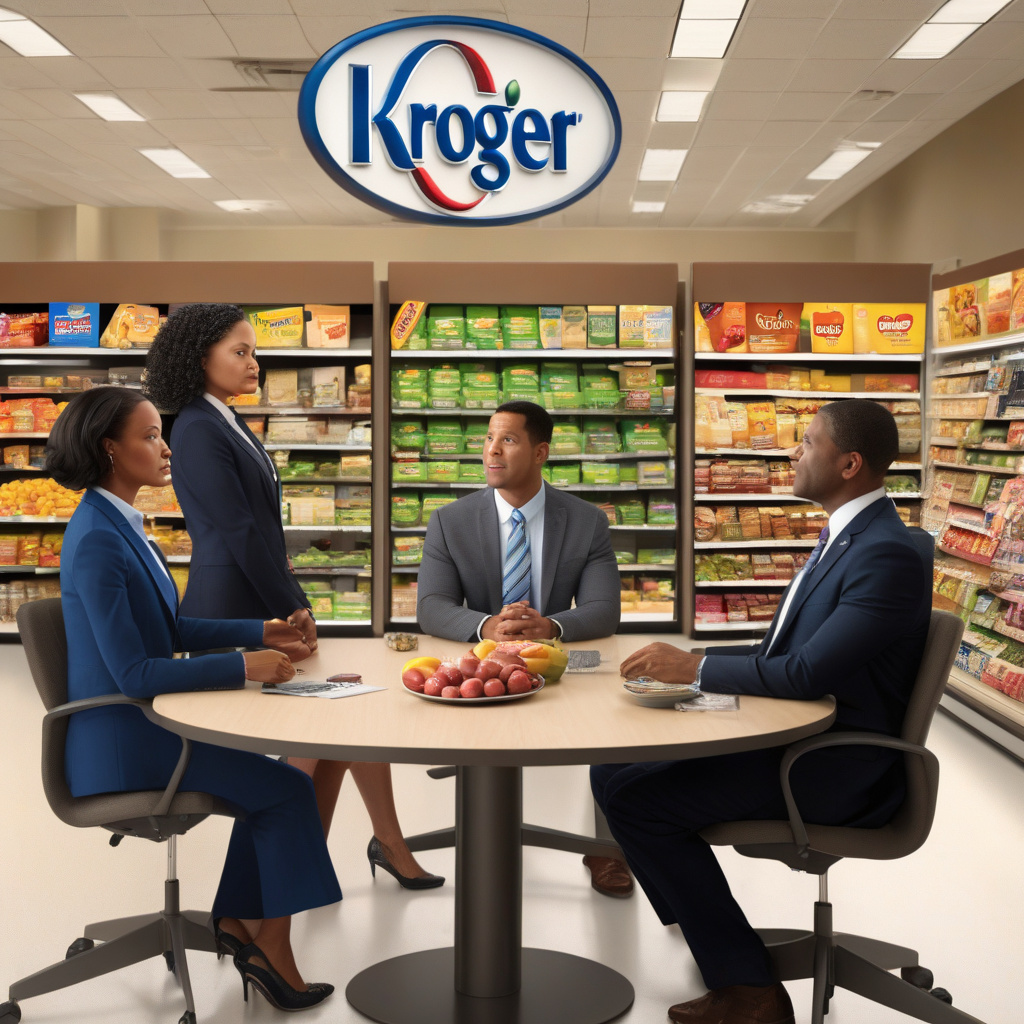New Leadership and Looming Threats: A Weekly Roundup of Grocery Industry News
The grocery industry is abuzz with new leadership announcements and the looming threat of tariffs. This week, Kroger and Albertsons have welcomed new CEOs, promising fresh perspectives and strategic direction for the retail giants. At the same time, the specter of tariffs casts a shadow over the industry, potentially impacting prices and supply chains. In the midst of these developments, a class action lawsuit against Publix and continued growth at BJ’s have also captured headlines.
New CEOs at Kroger and Albertsons
Leadership changes at major corporations can have a significant impact on their future trajectory. Kroger, one of the largest supermarket chains in the U.S., announced the appointment of a new CEO, signaling a shift in its strategic priorities. Albertsons, another key player in the industry, also introduced a new chief executive, setting the stage for potential changes in its operations and market positioning.
The arrival of new CEOs at Kroger and Albertsons presents an opportunity for these companies to reevaluate their digital marketing strategies, enhance their e-commerce capabilities, and improve their customer experience. By leveraging data analytics, personalization techniques, and omnichannel marketing approaches, the new leadership can drive growth and foster customer loyalty in an increasingly competitive landscape.
The Looming Threat of Tariffs
As the grocery industry braces for potential tariffs on imported goods, retailers are facing uncertainty regarding their pricing strategies and supply chain management. Tariffs have the potential to disrupt the flow of products, increase operational costs, and impact consumer purchasing behavior. Retailers must carefully monitor the evolving trade policies and proactively adjust their business strategies to mitigate the impact of tariffs.
In response to the threat of tariffs, retailers can explore various strategies to optimize their pricing, sourcing, and inventory management practices. By diversifying their supplier base, renegotiating contracts, and exploring alternative sourcing options, grocery retailers can minimize the impact of tariffs on their bottom line and maintain competitiveness in the market.
Class Action Lawsuit Against Publix and Growth at BJ’s
In addition to the leadership changes and tariff concerns, the grocery industry witnessed other noteworthy events this week. A class action lawsuit against Publix, a prominent supermarket chain, has raised legal challenges and implications for the company’s reputation and financial standing. Meanwhile, BJ’s, a membership warehouse club, reported continued growth and expansion, underscoring the importance of innovation and customer value in driving success in the retail sector.
The class action lawsuit against Publix serves as a reminder of the legal risks that retailers face in their daily operations. To mitigate such risks, companies must prioritize compliance, transparency, and ethical business practices to build trust with consumers and stakeholders. On the other hand, BJ’s growth trajectory highlights the significance of delivering unique value propositions, investing in e-commerce capabilities, and adapting to evolving consumer preferences to drive sustainable growth and profitability.
In conclusion, the grocery industry is experiencing a wave of change and challenges, from new leadership appointments to the looming threat of tariffs and legal disputes. Retailers must stay vigilant, agile, and customer-centric in navigating these dynamic landscapes to secure their competitive edge and long-term success in the ever-evolving retail industry.
#GroceryIndustry, #NewCEOs, #Tariffs, #RetailChallenges, #DigitalTransformation
